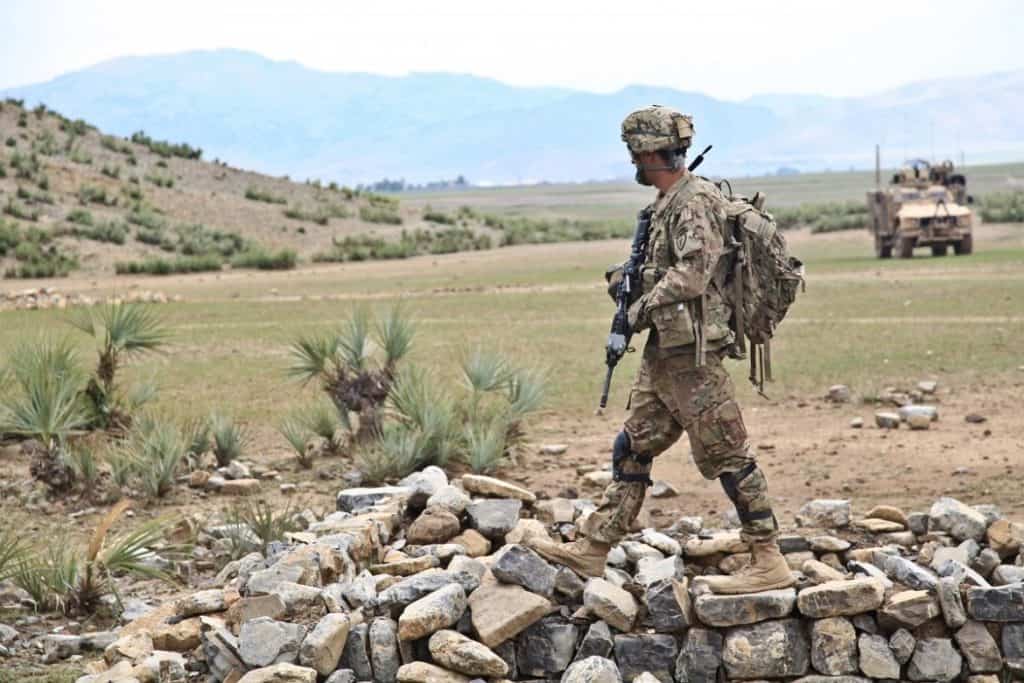By Denis Korkodinov
In March 2019, another round of talks between Washington and the Taliban took place in the capital of Qatar. The main goal of this is to reorganize the political space in Afghanistan by including the Taliban in it as an integral part of politics.
Present American-Afghan relations are built on the basis of the thesis that the conflict in Afghanistan has turned out to be practically intractable. And in order to overcome this obstacle, Washington intends to conduct a constructive dialogue with the Taliban and seek for their representation in local authorities. Moscow is also interested in this, which leads to the intensification of Russian participation in attempts to find a way out of the Afghan crisis.
The current status of the negotiation process indicates that Russia and the United States intend to recognize the Taliban as a partner in Afghanistan. And in the event that these negotiations have a positive result, the Taliban will somehow meet with the leadership of official Kabul in order to work out a joint program for resolving the crisis. However, today this process is a problem, since the legal mechanisms for the integration of the Taliban into the political field of Afghanistan have not yet been determined. Despite a number of ambitious statements by international leaders about the need to establish a constructive dialogue with the Taliban movement, the situation has not moved off the ground.
In the context of a political resolution of the conflict in Afghanistan, it should be clearly established what the country’s government will look like after the Taliban have been recognized as part of it. Moreover, it is not clear how the political course of Kabul will change if the Taliban receive a majority of votes during the municipal elections. Meanwhile, neither Russia nor the United States is interested in seeing Afghanistan show sharp reversals in politics. Otherwise, there is a very high risk that a conflict in the country could break out with a new force.
Such unresolved issues make negotiations with the Taliban extremely difficult. Having been deprived of power over a long period of time and feeding obvious hostility towards official Kabul, the Taliban are unlikely to wish to be in the minority, having gained seats in government. Among other things, the level of their support among the local population is very high, which creates a number of threats to the current government. Sooner or later, official Kabul will have to give up its position and be on the outskirts of Afghan politics. In this there is a danger of a new conflict escalation.
The current generation of cases suits the Taliban perfectly. They derive pleasure from the international attention that suddenly fell upon them. Their enthusiasm is associated with the opportunity to claim the best places in the national government. Therefore, the Taliban are rushing Moscow and Washington in order to gain absolute power in Afghanistan. Meanwhile, Russia and the United States are not ready to rush. It is much more important for them to ensure their own interests in the region, while the situation with the Taliban is a side event, but by no means the most important thing.
Due to the fact that not much time is left before the upcoming presidential elections in Afghanistan, it is expected that after the change of the country’s leader a new cabinet of ministers will be formed. And the Taliban are counting on the fact that they will succeed in forming a powerful political faction capable of being at the center of Afghan politics. However, this does not mean that having received a majority in the government, the Taliban will stop armed resistance to opponents inside the country. Most likely, the military conflict will continue after the presidential elections, which once again confirms the argument about the Afghan impasse.
(The opinions expressed in this article are solely those of the author and do not necessarily reflect the views of World Geostrategic Insights)







